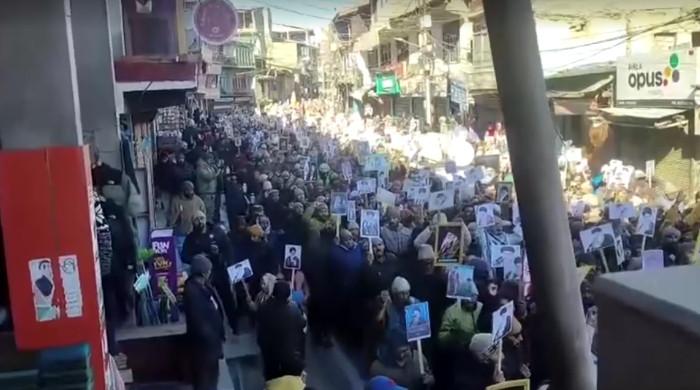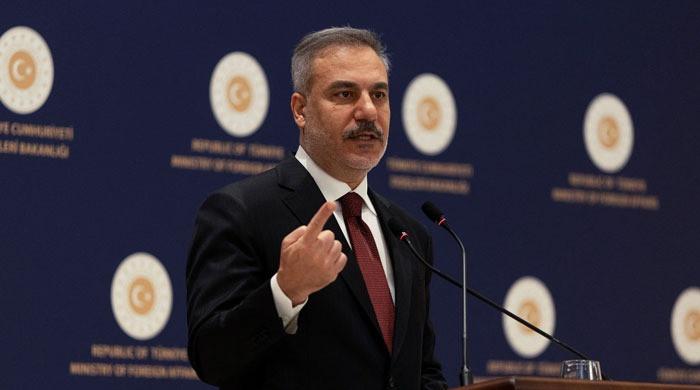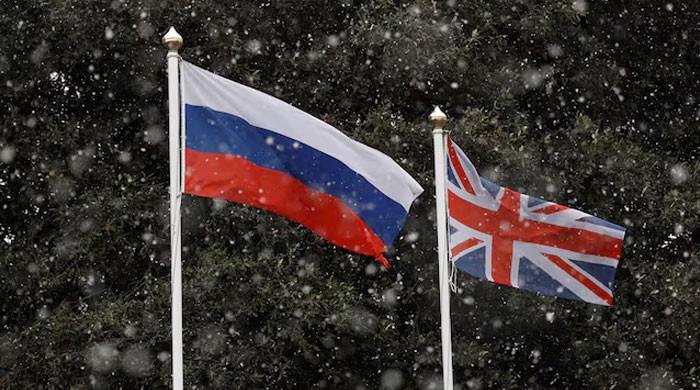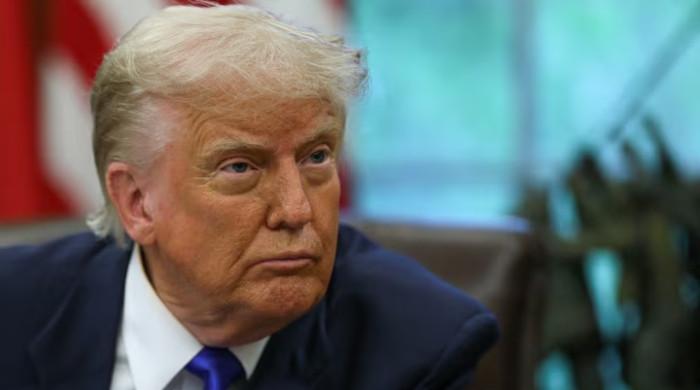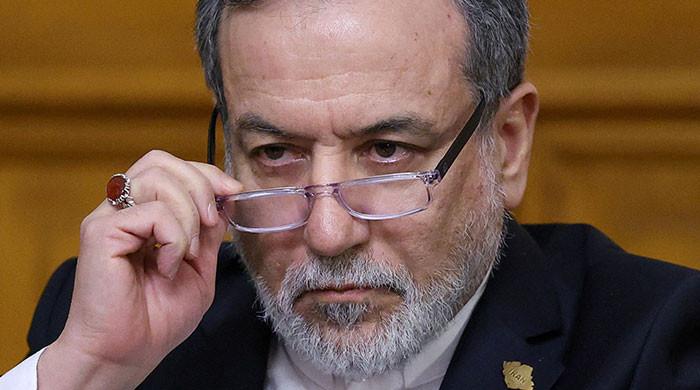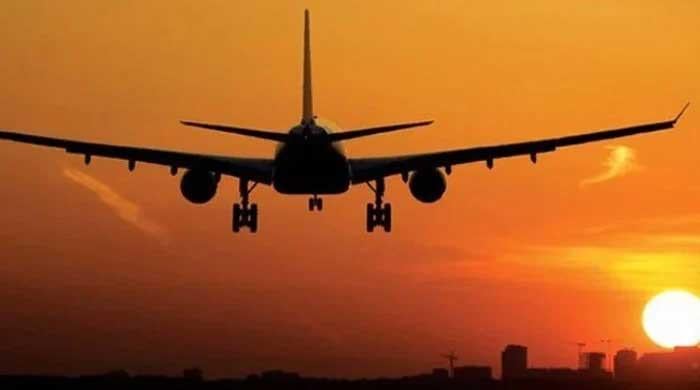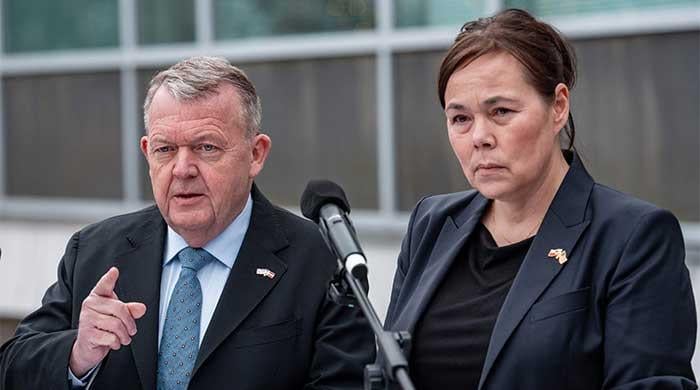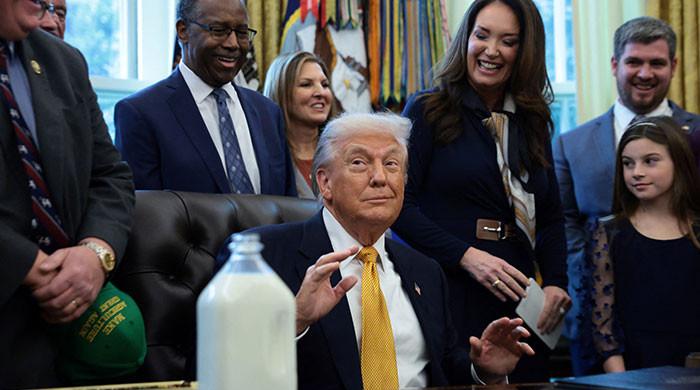Fence-mending: 'Good cop' Janet Yellen tells China, US to be 'good climate boys'
Yellen emphasised the importance of focusing on areas of common interest and resolving disagreements through dialogue during her meeting with Chinese Premier He Lifeng
July 08, 2023
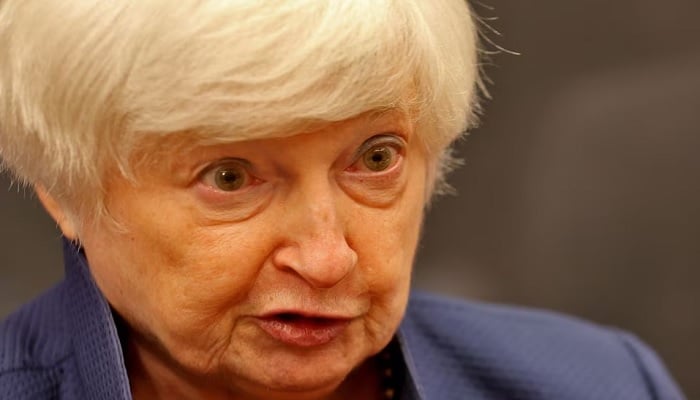
US Treasury Secretary Janet Yellen called for increased communication between China and the United States to enhance economic decision-making and urged China to participate in global initiatives aimed at assisting developing nations in combating climate change.
Despite existing tensions between the two countries, the record-high US-Chinese trade in the previous year indicates that there is ample opportunity for trade and investment.
Yellen emphasised the importance of focusing on areas of common interest and resolving disagreements through dialogue during her meeting with Chinese Premier He Lifeng, which was expected to last for over three hours.
Yellen's visit, which extends until Sunday, is part of the ongoing efforts by Washington to improve relations between the world's two largest economies.
Bilateral issues such as Taiwan and technology have strained their relationship and affected trade and business ties, drawing involvement from their respective allies.
Similar to US Secretary of State Antony Blinken's visit last month, Yellen aims to strike a delicate balance between conciliation and continued pressure on Beijing to address practices that the US claims are detrimental to American and Western companies.
Both sides have downplayed expectations for major breakthroughs, but acknowledge the importance of face-to-face diplomacy and candid discussions.
Yellen stressed the need for close communication between the two largest economies to better understand the global economic outlook and make informed decisions to strengthen their respective economies.
She also reiterated the US's desire for healthy competition based on fair rules that would benefit both countries in the long run.
During her meeting with He, Yellen expressed her readiness to work together, while emphasising the importance of maintaining open and honest lines of communication between the American and Chinese people.
She spoke about nurturing and deepening ties between the two nations, especially as China emerges from the COVID-19 pandemic.
While China's economic recovery has been slower than anticipated, increasing the risk of a global slowdown, the US seeks to engage with China at various levels.
Beijing has called on Washington to back up its words with actions and has pointed out ongoing US efforts to restrict Chinese access to technologies, including semiconductors.
The resumption of bilateral military ties and the tariffs imposed on Chinese products during the trade war under the previous administration also remain unresolved issues.
Prior to Yellen's visit, China unexpectedly announced export controls on two metals crucial for semiconductors and electric vehicles, citing national security concerns.
However, Premier Li Qiang expressed openness to further dialogue, urging Yellen to meet China halfway and inject positive energy into bilateral ties.
Despite discussions about economic decoupling between the US and China, data indicates a fundamentally strong trade relationship, with total trade reaching $690 billion last year.
Yellen stated that the US would continue to directly address concerns about specific economic practices and take targeted actions to protect its national security.
Yellen also highlighted China's capacity to contribute to addressing the existential threat of climate change.
She emphasised the responsibility of both China and the US, as the world's largest greenhouse gas emitters and investors in renewable energy, to lead in supporting developing nations in achieving their climate goals and coping with the impacts of climate change.
Cooperation on climate finance was identified as a critical responsibility.
China, classified as a developing country by the United Nations, has traditionally argued that developed nations should bear the responsibility of assisting poorer countries in addressing climate change.
However, Beijing expressed a willingness to contribute to voluntary "loss and damage" efforts related to climate change.




